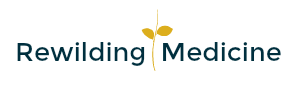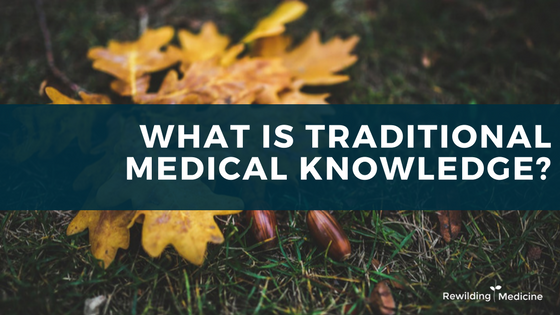Modern medicine values technology, convenience, and symptom management. And sadly, people are just getting sicker. With rates of chronic disease on the rise we clearly have a problem.
Luckily, Traditional Medicine has much to offer!
What is Traditional Medicine (TM)?
Traditional medicine, as defined by the World Health Organization (WHO), is “the sum total of the knowledge, skill, and practices based on the theories, beliefs, and experiences indigenous to different cultures, whether explicable or not, used in the maintenance of health as well as in the prevention, diagnosis, improvement, or treatment of physical and mental illness.”
In essence, traditional medicine describes complete medical models that emphasize both the prevention and treatment of disease. TM is always grounded in culturally significant beliefs, values, and understandings, and doesn’t require double-blind randomly controlled trials (RCT’s) (i.e. science) to validate health promoting practices.
Often, TM uses tools such as plant, animal, or mineral-based medicines, manual therapies, mind-body awareness techniques, spiritual rituals, and earth-centered practices. For most of human history (until the past couple centuries) people have relied on traditional medicine to help themselves, their families, and their communities heal.
Traditional Medical Knowledge (TMK)
One of the differences between conventional (or allopathic, or western) medicine and traditional medicine is the reliance on generations of accumulated knowledge and collective experience. Often, this information is transmitted down family lines or in small, select cohorts through oral tradition, hands-on training and/or medical manuscripts.
It is only very recently that some traditional medicine training has become institutionalized. For example, Traditional Chinese Medicine (TCM), grounded in over 3000+ years of clinical experience, was typically handed down from master healer to pupil along familial lineages (and in some cases this still exists). Eventually, medical texts were written, such as the Huang Di Nei Jing (Yellow Emperor’s Inner Classic) dated around 200 BCE, and the wealth of knowledge could be more broadly distributed. Over time, TCM began to be taught in universities and teaching hospitals, and although varying substantially from it’s classical roots, is now one of the “most widely used and studied systems of traditional medicine”.
The key is that this traditional medical knowledge also holds clues to the cultural undercurrents of both time and place. That is, it reveals the worldview of a people influenced across generations and with respect to their environment. TMK is always unique, rich, and diverse in ways that warrant its protection and respect. That knowledge is quite literally the wealth that comes from standing on the backs of giants and has withstood the wrath of time.
Traditional medical knowledge therefore is to be received, not stolen. And although it can be given, it should not be taken without reverence.
Rewilding Medicine & Traditional Healing
We are at a crossroads in modern healthcare. We can either continue to move toward slicing and dicing health into a bunch of specialized parts and pieces, OR we can revive the old ways to see our health more completely and get closer to our inner human potential.
At Rewilding Medicine we believe in the principles and practices of traditional medicine. We seek to honor and amplify the message of traditional medicine systems with cultural sensitivity and respect, while maintaining a position of social and ecological responsibility.
We long for a time when people remember how to see plants as food, medicine, and friends, how to move their bodies in the natural world, how to connect in meaningful ways to those around them – both living and non-living, human and non-human, and how to take care in their relationships to self, place, and others.
References:
Abbott, R. (2014). Documenting Traditional Medical Knowledge. WIPO. Accessible at: http://www.wipo.int/export/sites/www/tk/en/resources/pdf/medical_tk.pdf
World Health Organization (WHO). (2000). Traditional Medicines: Definitions. WHO/EDM/TRM/2000.1. Accessible at: http://www.who.int/traditional-complementary-integrative-medicine/about/en/

